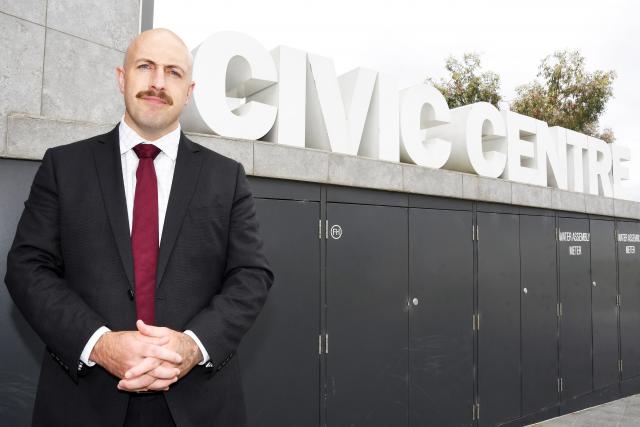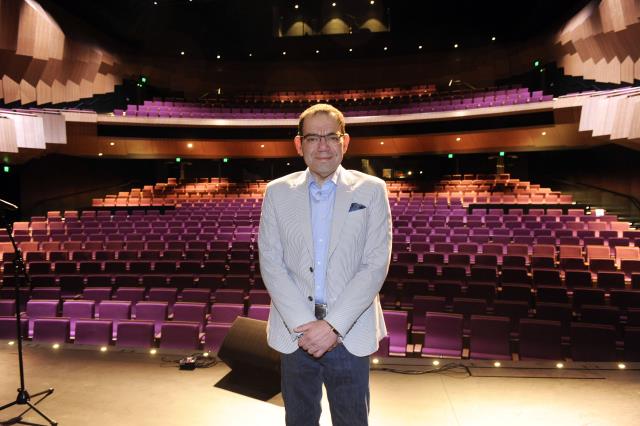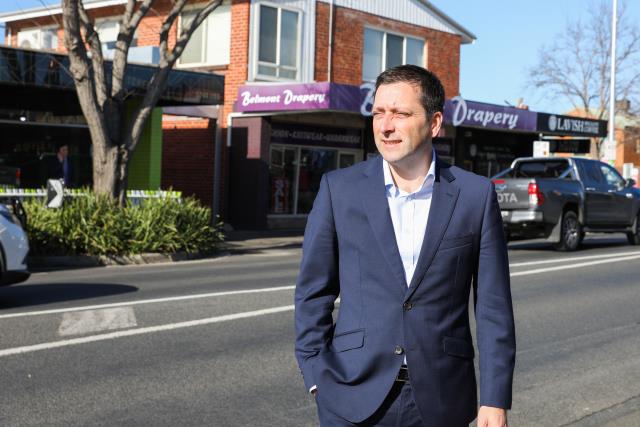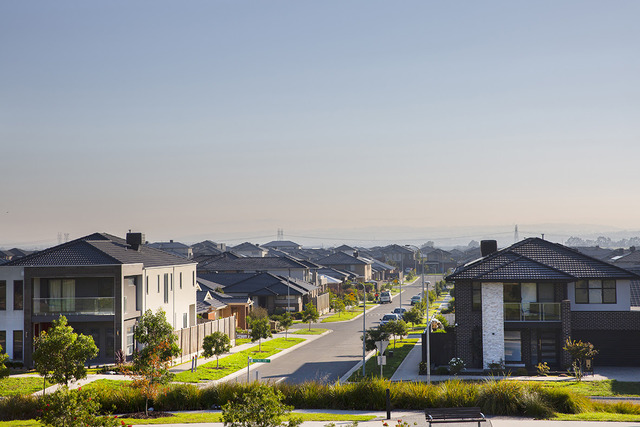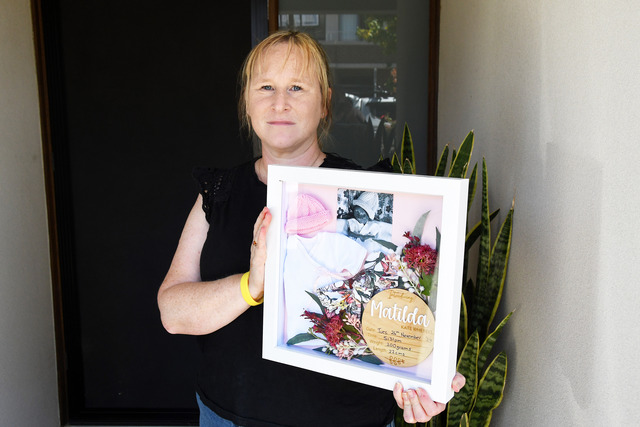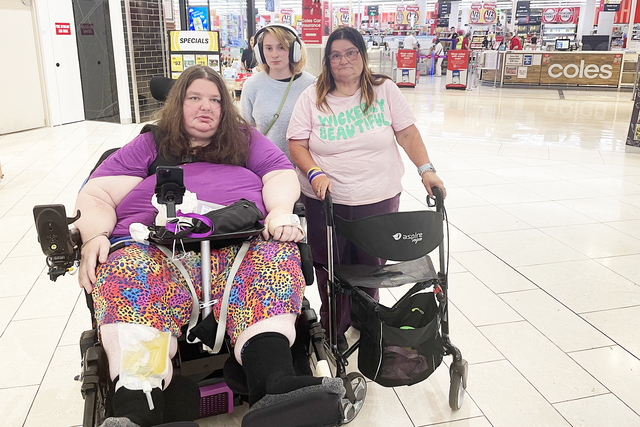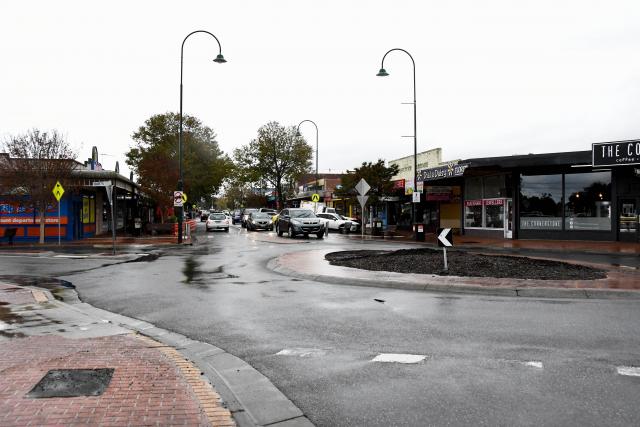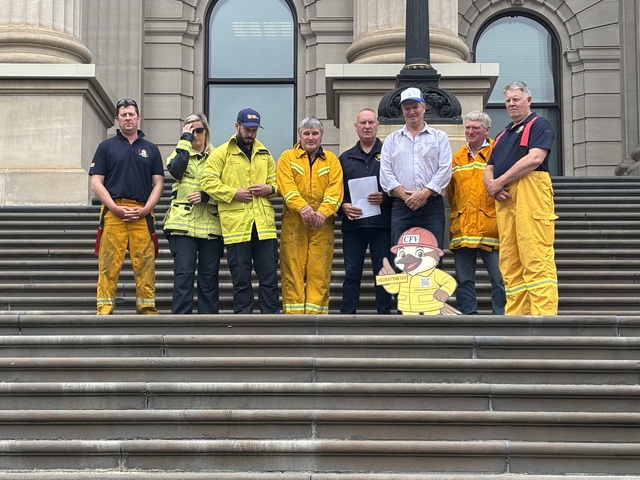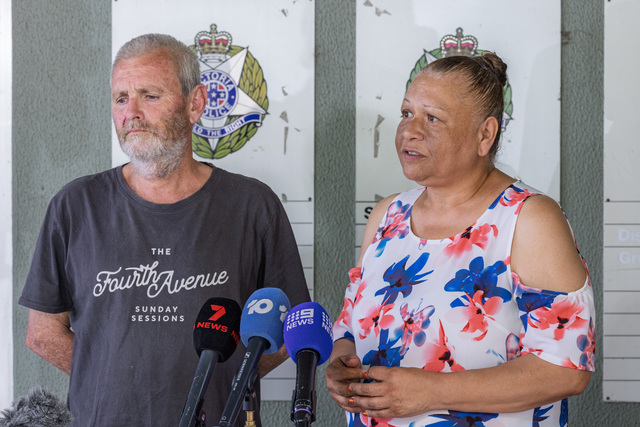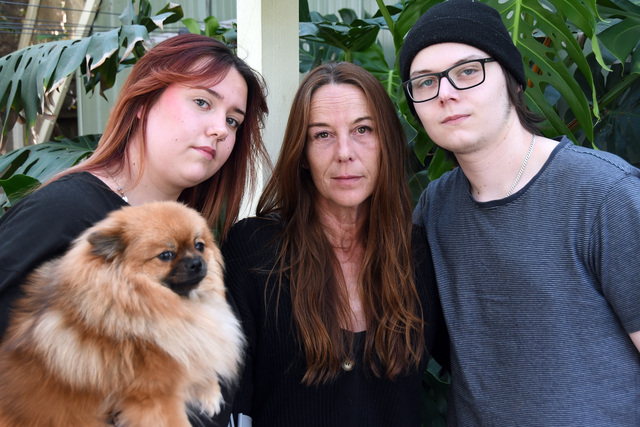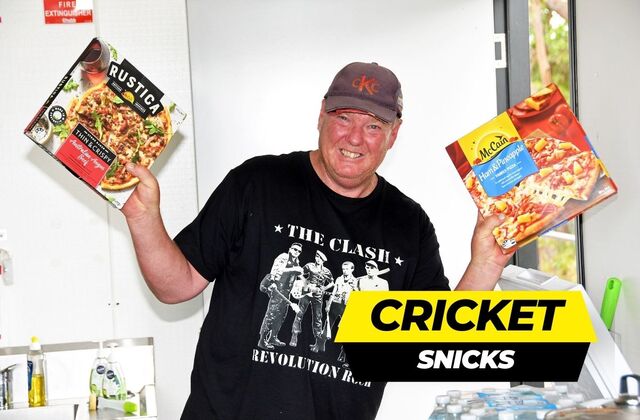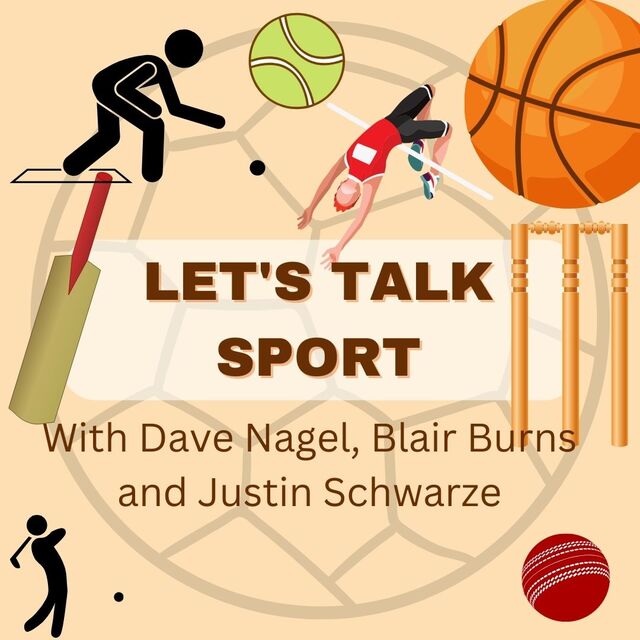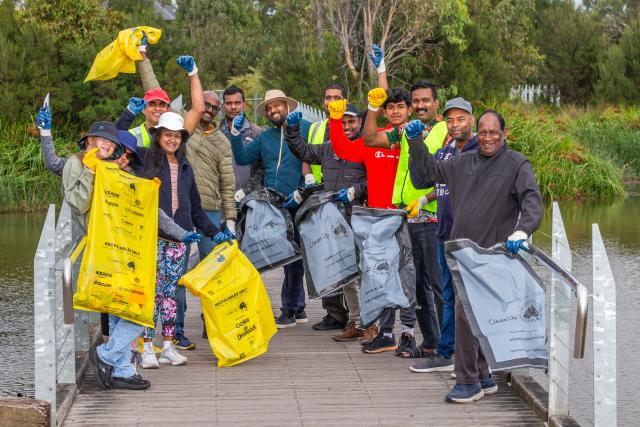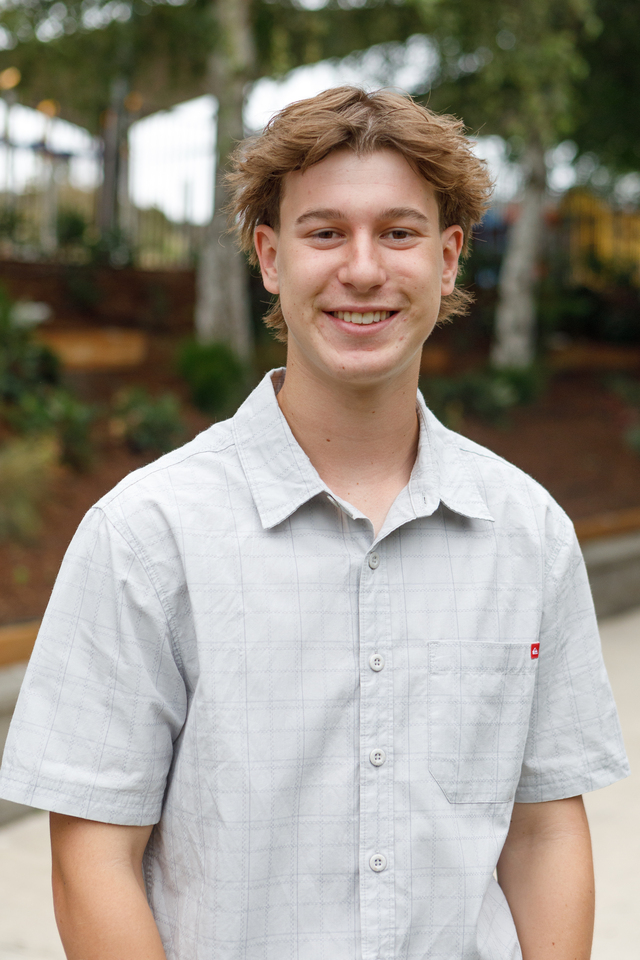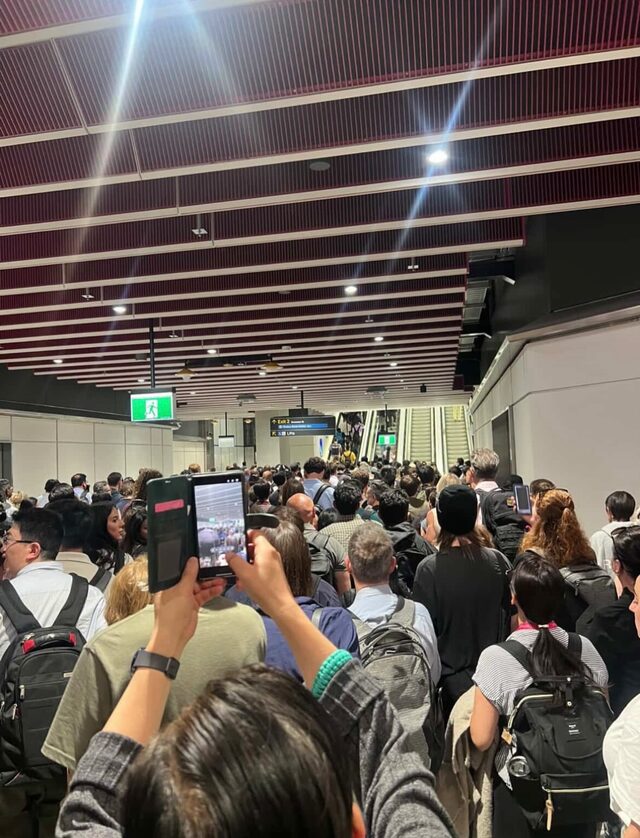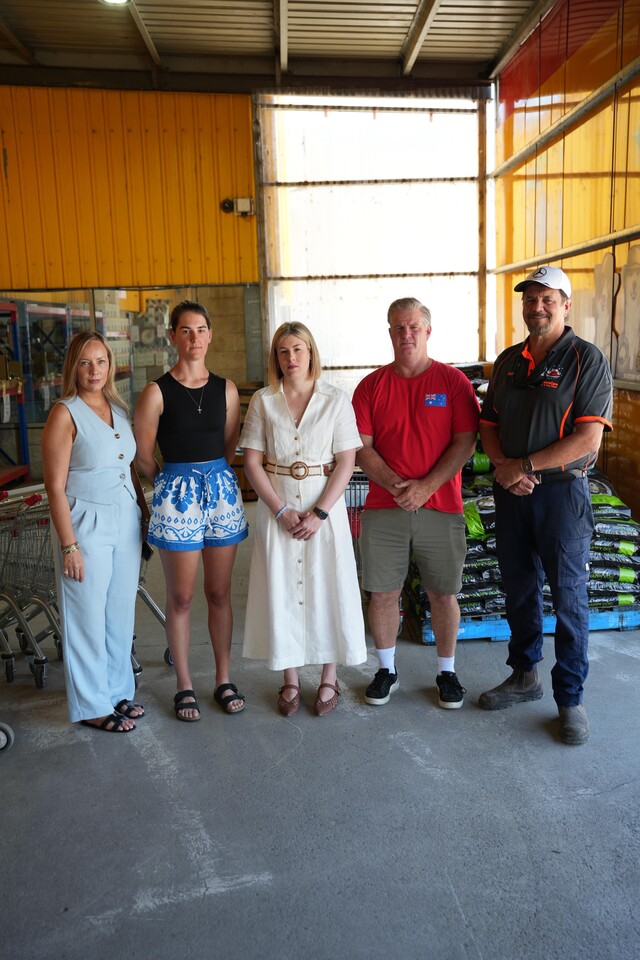Councils in Melbourne’s outer east have moved a step closer to defending reconciliation and cultural inclusion, following far-right rallies, a violent clash at a Melbourne Aboriginal site, and a Queensland council’s decision to scrap Welcome to Country ceremonies.
This follows after last month’s March for Australia rally in Melbourne’s CBD, while in Queensland, Burdekin Shire Council has voted to ban Welcome to Country ceremonies, saying it will instead establish its own protocol.
But in Melbourne’s south-east, Cardinia and Casey councils say they will not follow suit.
Cardinia Shire Mayor Jack Kowarzik and Casey Mayor Stefan Koomen said their council would continue to include Welcome to Country ceremonies as “a symbol of respect for Aboriginal heritage and a celebration of our diverse cultural landscape”.
“Council has no plans to remove or reduce this as part of our practice,” Kowarzik said.
“Council is currently developing its third Reconciliation Action Plan, and is committed to advancing reconciliation by fostering respectful relationships and creating meaningful opportunities for Aboriginal and Torres Strait Islander peoples within the community.
“Acknowledging our First Nations people through Welcome to Country ceremonies reinforces our commitment to reconciliation and cultural understanding.”
Kowarzik added that his council has “zero tolerance for racism and condemns all forms of racism, including the anti-immigrant rallies and far-right attacks on culturally significant sites”.
“These recent incidents will not, in any way, negatively influence our policies,” Kowarzik said.
“We stand against hatred and work hard to foster inclusivity and respect for all cultures within our Shire.
“We encourage everyone in the Shire to unite against racism and discrimination in all its forms. We are stronger together, and our commitment to a multicultural community will shape a better and brighter future for everyone.”
Mayor Koomen echoed the sentiment, saying racism, discrimination, and hate in all forms have “no place in our community and do not reflect who we are”.
“The City of Casey is one of the most diverse municipalities in Victoria, and is home to people from more than 150 cultural backgrounds,” Koomen said.
“We also have one of the largest number of Aboriginal and Torres Strait Islander residents in metropolitan Melbourne, and are a destination for many refugees and asylum seekers who have resettled in Australia.
“Our community draws strength from this diversity, and we remain committed to ensuring Casey is a safe, inclusive, and respectful environment for all.”
Aboriginal Elder and researcher Aunty Janet Turpie-Johnstone said the recent incidents reflected a rise in racism since the 2023 referendum defeat.
“Racist loathing, which is systemic and institutional in this Country toward Aboriginal People has been unleashed again,” Aunty warned.
“It never really went away legislation, both state and federal did keep it quite overt but never stopped it.”
Aunty expressed frustration that far-right events in the city attract media attention, while local attacks often go ignored, leaving her community overlooked and angry.
During NAIDOC Week in early July, two buildings in the Yarra Ranges area — one in Lilydale and another in Bayswater — were targeted in separate hate incidents within a week, including neo-Nazi graffiti and messages telling local Aboriginal people to “go home.”
“No media was interested in talking to us about this. Which we see as us not being important enough to speak with,” Aunty said.
“I just know the more who come here the more anxiety will be generated as humanity struggles with so much that is making all our lives vulnerable.
“I find myself fed up that we are always fighting just to be who we are. Australia is not a multi-cultural Country if it can never come to grips with its violent history and face itself through its Aboriginal and Torres Strait Islander people.”
Aunty Janet urges more action at the local level.
“The local is the best way to start and our councils must be right there with us,” she said.
“But western society also needs to grow up and help to learn to live communally and stop forcing us to compete against each other for almost everything we need to survive.”
For her, the local level is where people learn to live respectfully on the land and care for one another.

